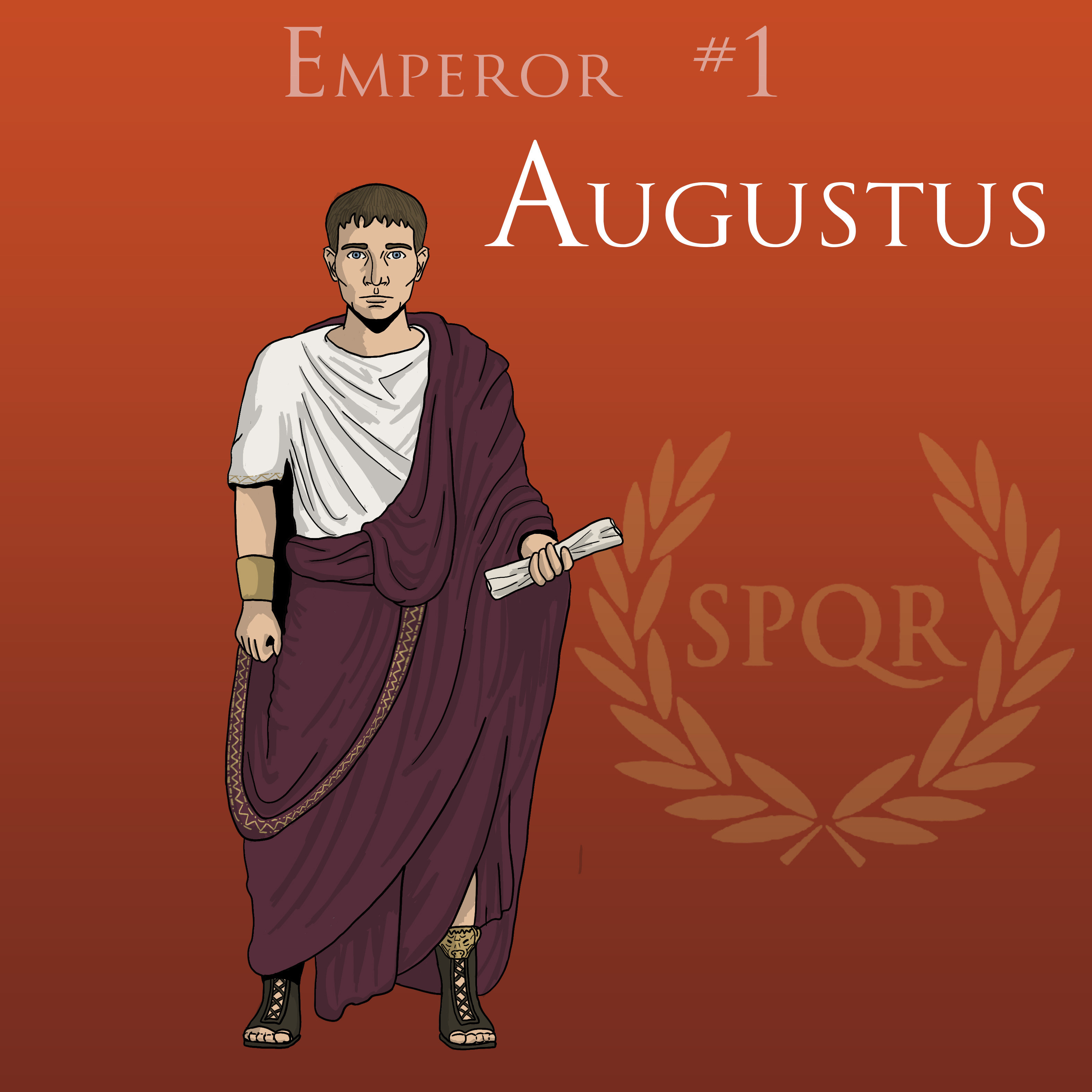HOME | DD
 RealHist — Augustus
RealHist — Augustus

#historical #history #historyart
Published: 2021-07-27 08:47:41 +0000 UTC; Views: 1933; Favourites: 27; Downloads: 5
Redirect to original
Description
*** this is an older piece, one of the earliest of these historical figure posts, hence the slightly different style and the sociopathic blank stare. I’m only posting it for continuity reasons really. ***Post #1 in the ROMA series.
Augustus, born Gaius Octavius, was the first emperor of Ancient Rome.
Though he was the great-nephew (and sole male relative) of Julius Caesar, the young Octavius was not especially close to his powerful great-uncle.
After the assassination of Julius Caesar in 44 BCE, Octavius was likely as surprised as anyone to learn that the dead Dictator had not only named him as the primary beneficiary of his estate, but had posthumously adopted him as his son. At just 19 years old, the young man was now the richest and possibly the most powerful man in Rome.
Untried as he was, on both the political and military battlefields, many had their doubts about Octavian’s capabilities, not least his greatest rival Marc Antony.
However, Octavian would prove himself to be a intelligent and ambitious man. In 31 BCE, he emerged victorious as the de facto ruler of Rome from 13 years of civil war, bringing an end to the Republic and a beginning of the empire.
To honour him with a new title befitting his unrivalled status, the Roman Senate gave him the title Augustus (“Divine One”).
Though the Republic was all but dead, Augustus went to great lengths to maintain the Republican facade. He never named himself rule of Rome, instead adopting the title Princeps (“First Man”). His successors would follow this example for centuries and historians refer to this period not as the empire, but as the Principate.
In order to assert his authority, Augustus gathered many of the offices and associated powers laid out in the constitution into his person. These together formed the basis of imperial legitimacy.
For 41 years, Rome and the empire prospered under Augustus’ steady, capable hand.
The reforms laid down by Augustus would from the foundation of the imperial administration for centuries to come. By the time he died in 14 BCE, it was clear there would be no return to the Republic.
Augustus is considered the greatest of all Rome’s emperors and, after he died, he was deified. The cult of the Divine Augustus continued until the rise of Christianity in the 4th century.
He was succeeded as princeps by his step-son, Tiberius, ushering in the Julio-Claudian Dynasty.
This is the first post in an ongoing series about the Roman emperors and the influential people that surrounded them in chronological order, hence the ‘Emperor #1’.
Related content
Comments: 4

👍: 0 ⏩: 0

👍: 0 ⏩: 0

👍: 0 ⏩: 0

👍: 0 ⏩: 0

























